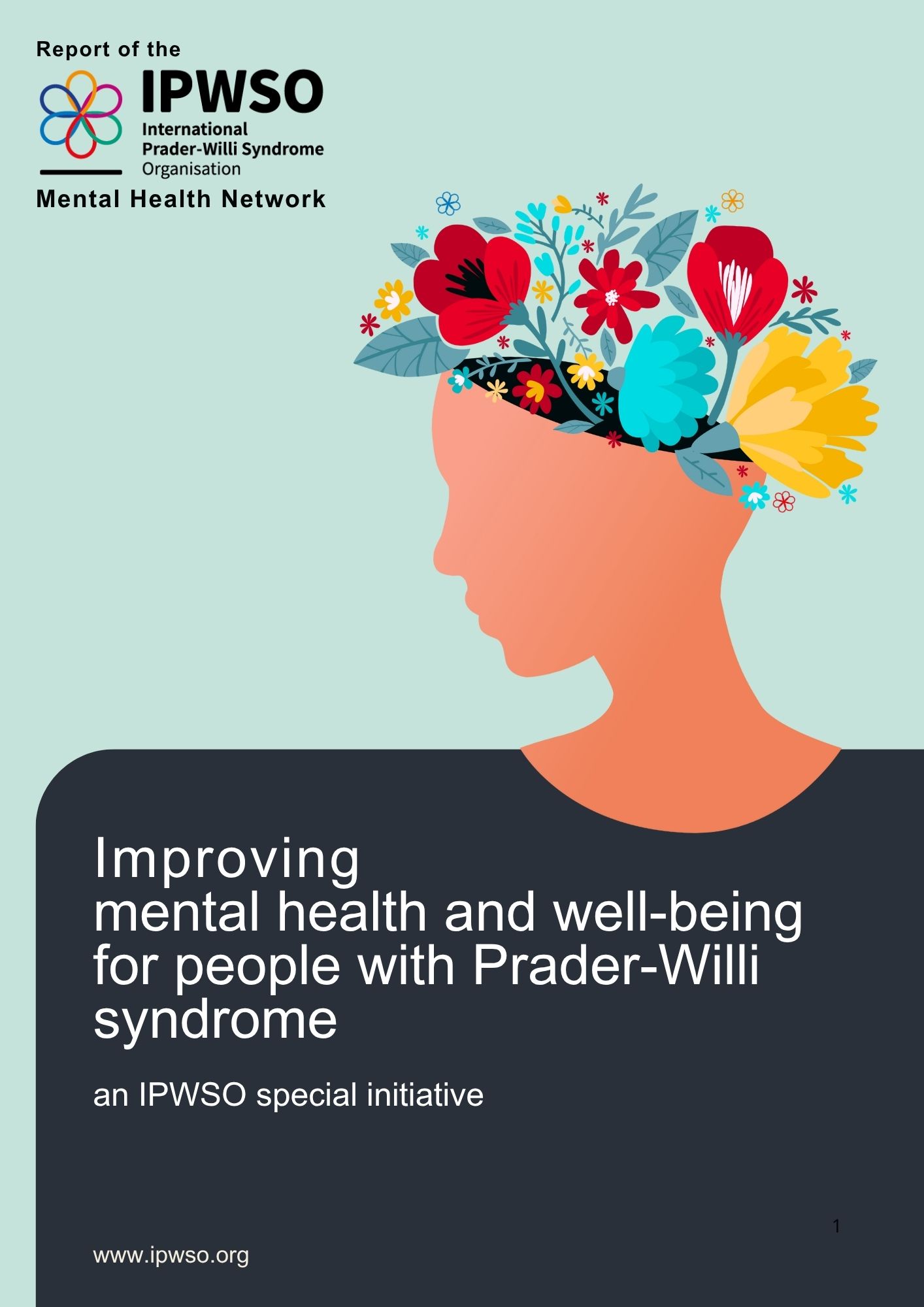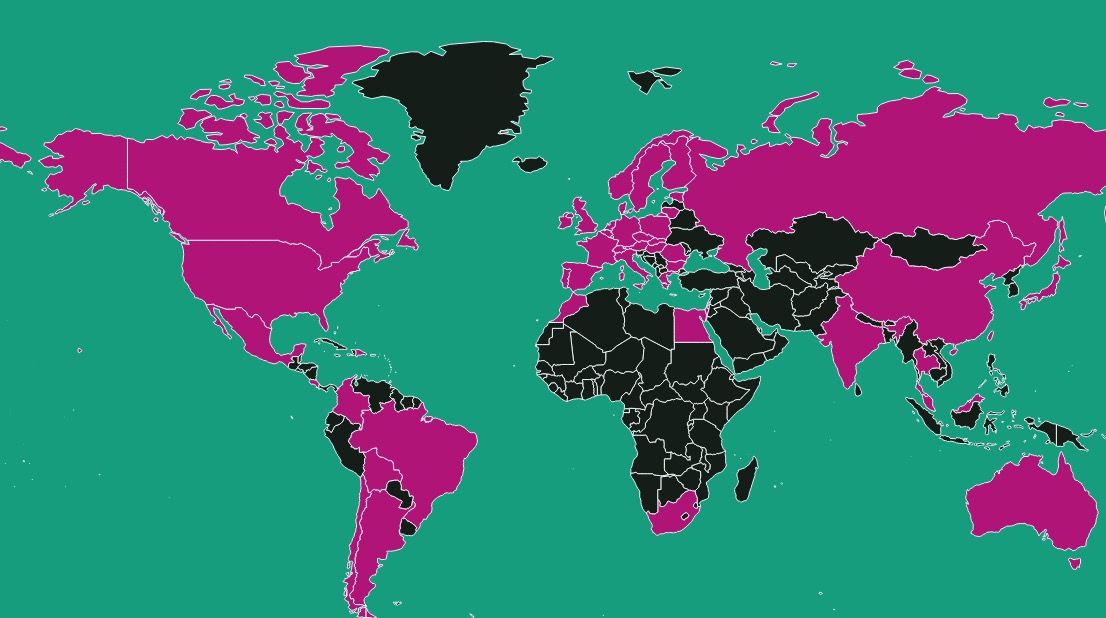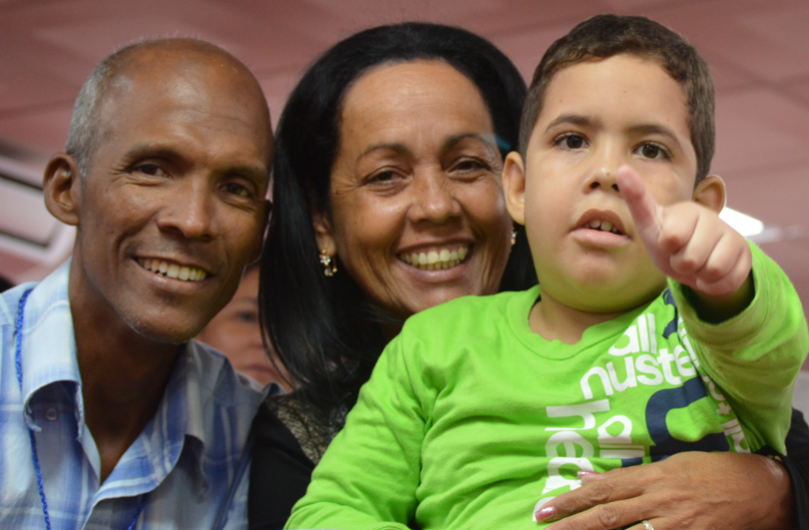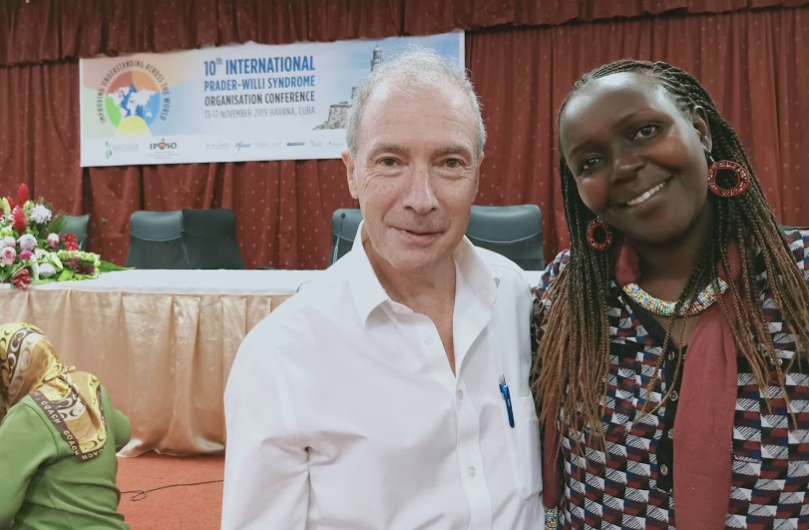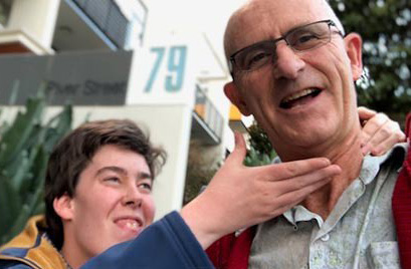Improving mental health and well-being for people with PWS
Report of the IPWSO Mental Health Network
This Report represents a landmark initiative by the IPWSO Mental Health Network (IMHN) to improve understanding and support for the well-being of children and adults with PWS, and their mental health and behavioural needs. It is the product of extensive collaboration between parents, clinicians, researchers, care providers, and adults with lived experience of PWS, bringing together a wide range of expertise, global perspectives, and professional insights.
The Report aims to record the collective knowledge and considered opinions of the IMHN, including areas where perspectives may vary. Rather than presenting a single prescriptive approach, it provides a rich resource that reflects the complexity and individuality of mental health in the context of PWS. While the document can be read in full, it is also conveniently divided into six thematic sections to allow readers to access the information most relevant to them at any time.
Summary of Sections
1. Introduction to the IMHN and purpose of the Report
This section outlines the rationale behind the formation of the IPWSO Mental Health Network, highlighting the significant unmet needs in the field of mental health and behavioural care in PWS. It emphasises the goal of building a shared, multidisciplinary understanding of key issues, and framing them within the broader concepts of well-being and quality of life.
2. Core concepts and definitions
Foundational terms such as well-being, quality of life, and mental ill health are defined using both clinical and values-based lenses. The section challenges the limitations of standard diagnostic frameworks when applied to PWS and supports a person-centred, holistic approach that accounts for biological, developmental, and environmental factors.
3. Mental health and behavioural phenotype of PWS
This section explores the cognitive, behavioural, and psychiatric characteristics commonly seen in people with PWS, including hyperphagia, emotional outbursts, skin picking, and mental state abnormalities such as anxiousness, affective disorders, and psychosis. It highlights how these form part of a neurodevelopmental spectrum rather than discrete disorders.
4. Contributing factors and models of understanding
This includes a discussion of the biological, psychological, and environmental factors that influence mental health outcomes in people with PWS. The section reviews genotype–phenotype relationships, the importance of context, and the need for integrated theoretical models. It advocates for a biopsychosocial perspective to support effective understanding and care.
5. Strategies for support and intervention
Practical, evidence-informed guidance is provided on promoting well-being, early intervention, managing hyperphagia, addressing behaviours of concern, and treating serious mental illness. The section underscores the importance of individualised planning, cautious use of psychiatric medications, and collaborative, multidisciplinary approaches. It also addresses service design and the critical transition to adulthood.
6. Strategic road map for the future
The final section outlines a long-term strategy for improving global equity, advancing research, and developing more inclusive care systems. It calls for coordinated international action, cross-disciplinary integration of science, and investment in both clinical and social interventions. IPWSO’s proposed research and development strategy focuses on equity, well-being, and treatment innovation.
This Report serves both as a comprehensive reference and a practical guide for clinicians, researchers, families, policymakers, and support organisations. By capturing diverse perspectives and drawing on real-world experience, it provides a strong foundation for future work and collaboration, with the shared goal of improving the lives of people with PWS and those who care for them.
What is PWS?
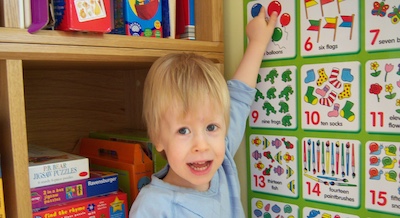
Prader-Willi syndrome is a complex genetic condition. Various studies have shown that between 1 in 15,000 to 25,000 children are born with Prader-Willi syndrome and it affects all races and both sexes equally.
Free Genetic Screening
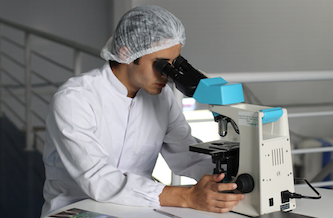
If you suspect your patient has Prader-Willi syndrome, based on the clinical signs and symptoms, but are unable to access testing in your country, then you may be able to access free genetic screening.
International Community
IPWSO was established so that PWS associations, families, clinicians and caregivers around the world could exchange information and support and have a united global voice under one umbrella.
Information for Medical Professionals
The latest medical and scientific research and information, plus guides into common medical issues affecting people with PWS.

